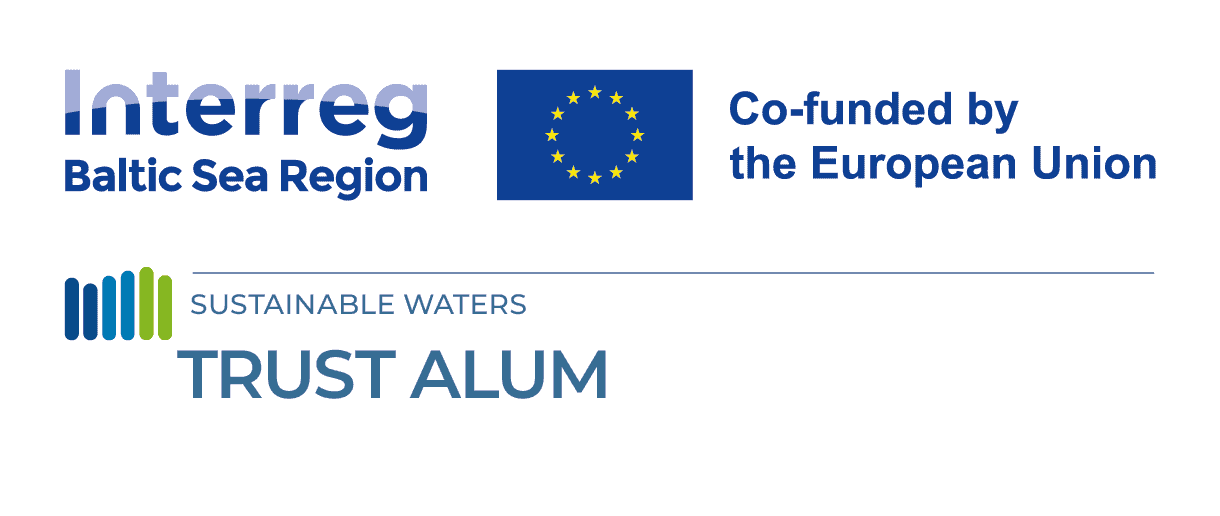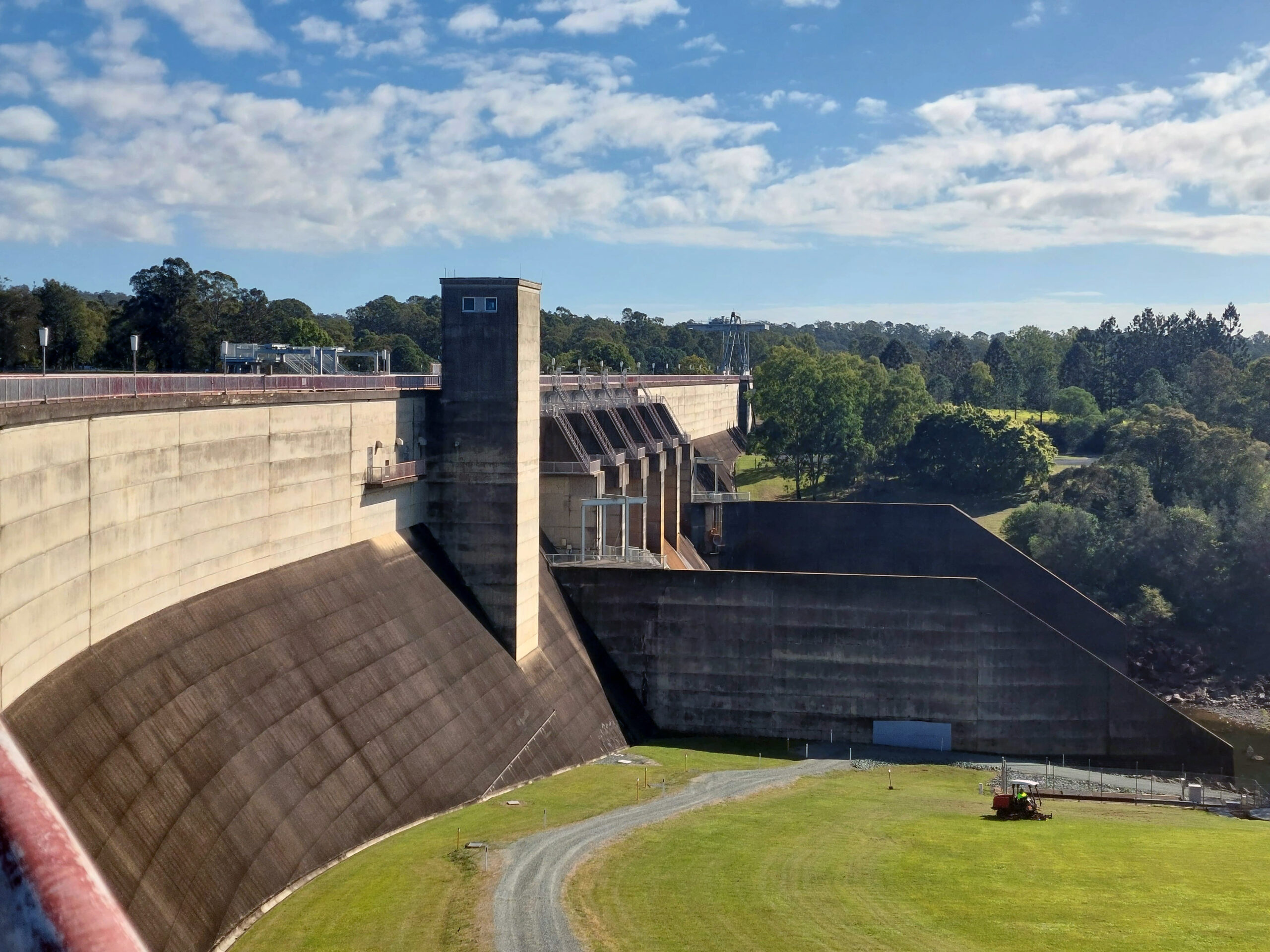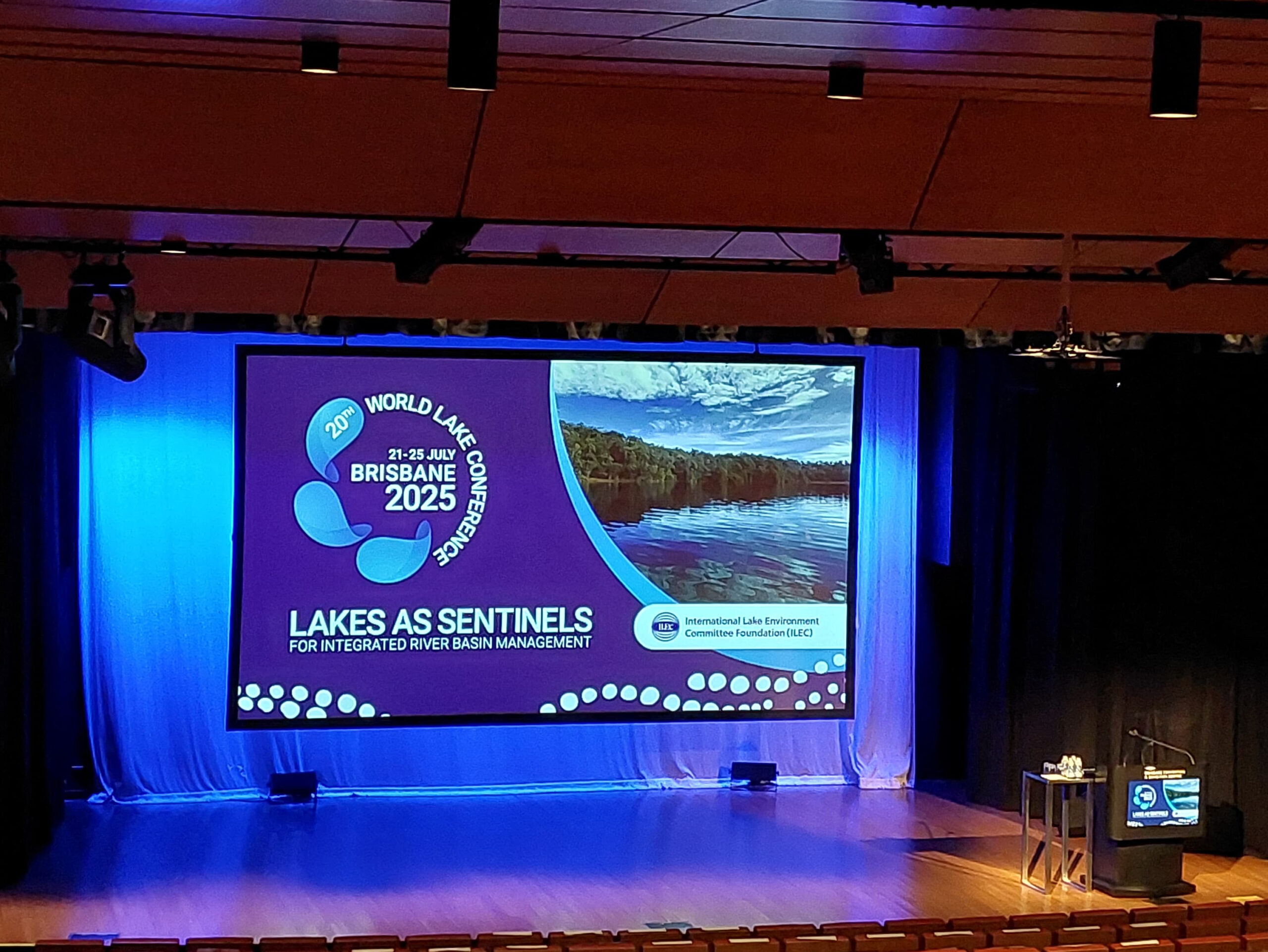
Highlighting TRUST ALUM’s Achievements in Combating Eutrophication in Urban Lakes at the 20th World Lake Conference
07 October 2025
The 20th World Lake Conference was held from 21st to 25th July, 2025 in Brisbane, Australia. This globally-recognized event gives opportunity for multi-sectoral participants to exchange views and experiences on sustainable management of lakes.
At the Conference, on behalf of the TRUST ALUM project, Inta Dimante-Deimantoviča from the Latvian Institute of Aquatic Ecology gave a presentation titled “Combating Eutrophication in Urban Lakes: Effects of Polyaluminium Chloride on Phosphorus Dynamics and Water Quality”. In her presentation, Inta explained how the team gathered monitoring data and used it to design a safe and efficient treatment. She also shared how the treatment affected the lake’s water chemistry and highlighted different ways the TRUST ALUM project reached out to various stakeholder groups to share its ideas and goals, increasing acceptance of the ALUM treatment method.
At the Conference, on behalf of the TRUST ALUM project, Inta Dimante-Deimantoviča from the Latvian Institute of Aquatic Ecology gave a presentation titled “Combating Eutrophication in Urban Lakes: Effects of Polyaluminium Chloride on Phosphorus Dynamics and Water Quality”. In her presentation, Inta explained how the team gathered monitoring data and used it to design a safe and efficient treatment. She also shared how the treatment affected the lake’s water chemistry and highlighted different ways the TRUST ALUM project reached out to various stakeholder groups to share its ideas and goals, increasing acceptance of the ALUM treatment method.









